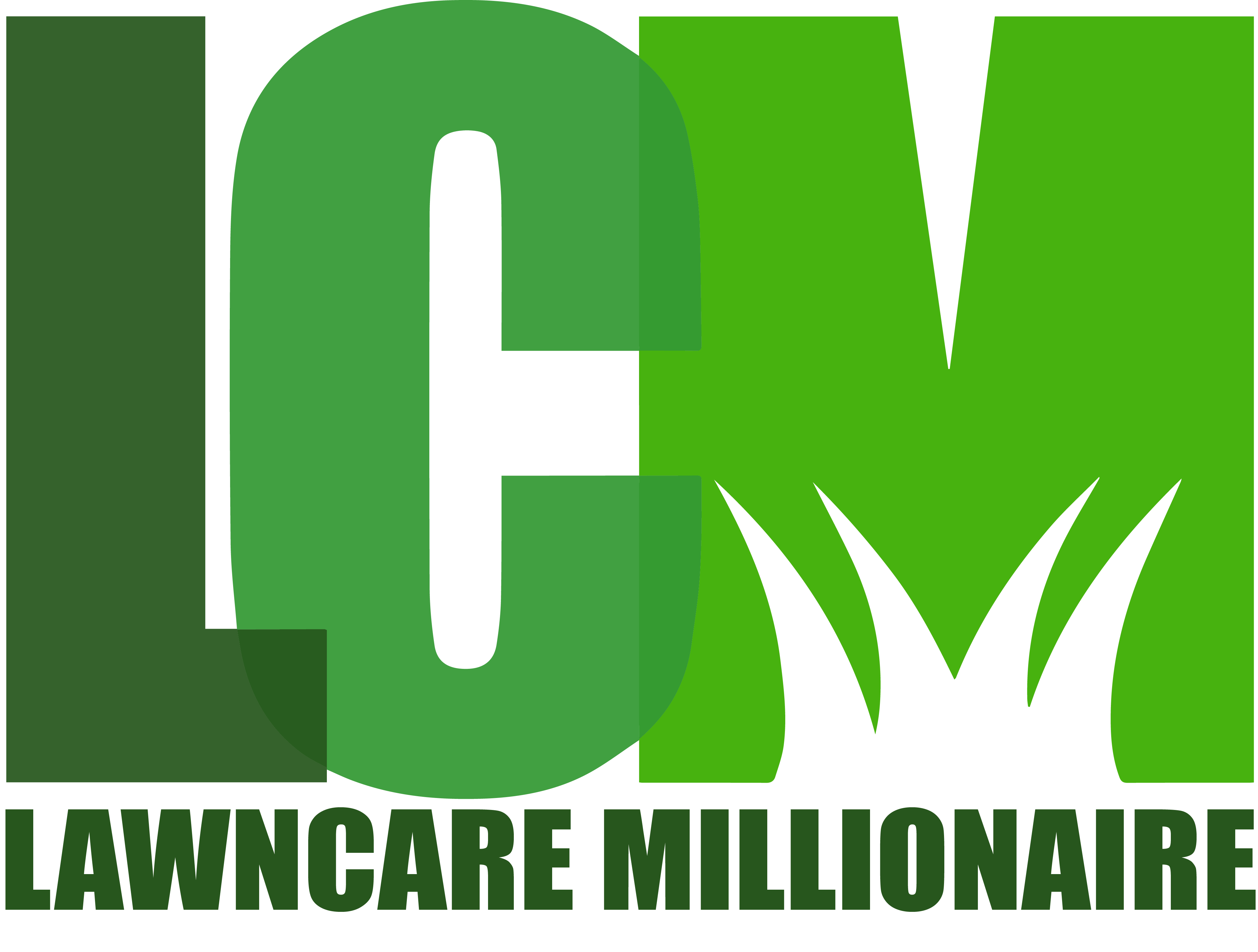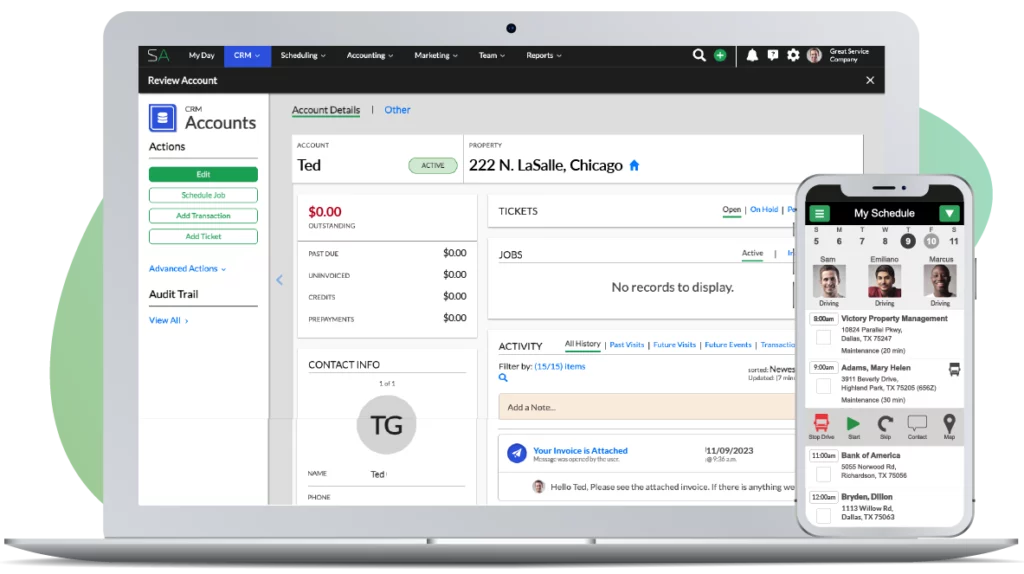Jonathan:
At Service Autopilot, we are in the middle of a tax sales audit, and I’m personally dealing with it. It got me thinking, this would make for a great video. The reason for that is over the years, I’ve had a number of questions about should I charge sales tax? I haven’t been charging sales tax. How do I start charging my clients sales tax, or I’m not paying my taxes. Should I start paying taxes? Do I have to pay taxes? Just a variety of questions of that sort. Because I’m going through the process right now, made me think, “Let’s address this,” because I think it’s incredibly important.
For me, fortunately, this is not my first time in business. I’ve owned a number of businesses. As a result, I’ve been through a number of sales tax audits. Now, this is the first one that I’ve personally dealt with. In the past, my teams have been big enough, and this team’s actually big enough as well, but my teams have been big enough that someone else has dealt with the audit.
In this case, I have chosen to be the individual that is lead on this process because I’ve not personally had to deal with all the details of it, so I know to get it right, basically, I don’t play any games, I don’t cut any corners. There’s no reason. That’s a little bit of what I want to address, and also going through this process, I’ve learned a couple of things. I’ll give you one example of what I’ve learned. That is, in some of the decisions that we have made about tax rates and who gets charged tax, well, we’ve been correct. There are risks on us that if we had been incorrect, we would have to go back and pay sales tax where we are off, where we’re wrong. Even if we didn’t collect the tax, simply because we’re wrong, we’re not forgiven for the tax. We’re still liable for it, so all the tax would come out of our pocket because, odds are, we cannot go back to the client and collect it.
Some of the advice that was given to me just today is if you’re not sure about something, you can call the sales tax office, and you don’t have to identify yourself, and you can ask a question and get the answer. Once you get the answer, you can then ask for that answer, like so, in a sense, a ruling or some information such as irrigation is taxable or irrigation repair’s not taxable, that type of a question. You can then even request to have that in writing. The example here being that later, let’s say three years from now, you’re audited. You were told irrigation repair’s not taxable, and the auditor says, “Wait a second. That is taxable. It’s always been taxable.” If you can refer back to the document proving, a statement from the state as to why you did not collect the sales tax, you’re not on the hook because that’s the, essentially, they issued a statement to you saying you did not have to collect it.
Now, they may have you collect it from that moment forward. That’s something that I’ve not done in the past. I’ve not contacted the sales tax office and had put into writing some of the rulings so that we had some level of protection. I don’t think most companies do that, but that’s a little valuable tidbit because as you get big, the tax liability could be big if you are wrong.
This maybe not my point, but this is what made me want to record the video. When you’re small, you’re wearing a lot of hats. You’ve got a million things going. All of your time’s consumed. You don’t have much money, and there’s a lot of challenges inside a business that you have to kick down the road until tomorrow. You have to. There’s lots of fires. There’s client complaints. If you dealt with every single one of those things right now and tried to fix them, you would make no forward progress as a company, and that’s one of the great skills that most entrepreneurs need is they need the ability to handle the volume of incoming challenges, problems, things that need to be improved, fixed, whatever, and they need to push some of those off out of their mind and forget about them and focus on the most important things. Then they deal with the next thing and the next thing, but if you just are way down by the barrage of things coming at you, and you try to handle all of them or make everything in the business perfect, you don’t usually make it.
The individual that can push some things aside, let those fires burn while they fix these things that they can control today, or the priorities, and then more on to the next fire, they’re usually the ones that are more likely to make it in business, but inside a business, there are certain things you don’t kick down the road: sales tax, collecting sales tax, paying your income taxes, getting licensed where necessary. The things that the government could come back to you or safety issues or legal issues that could come back up onto you, these are the things that you generally don’t want to be kicking down the road.
That’s the big takeaway from the video. I gave you a lot of other information, but the big takeaway here is that if you’ve been kicking down the road dealing with sales tax or biting the bullet and telling your clients, “I need to start charging you sales tax,” and it’s not that hard. If you use QuickBooks, QuickBooks online, if you use a tool like Service Autopilot or another similar system or comparable system, the Service Autopilot generates invoices, can put sales tax in the invoice, the process of doing it’s not hard. Having the conversation with the client or sending them the letter, that’s the hard part. In that letter, if you’ve not been charging sales tax, my recommendation would be that you send a letter to your client, you prepare yourself to have some conversations, and in that letter, you include a link or something that points back to the state’s website that specifically says, “We must charge sales tax for lawn mowing or fertilization, weed control or pest control,” whatever it is that that service is that you’re selling.
The majority of your reputable clients are going to be charging sales tax, so it’s not as though you’re trying to do something in the marketplace that is unusual. If they were to get upset with you and move onto another reputable company, they’re going to pay sales tax there. It’s generally not a big issue to charge a client sales tax. They’re used to paying it. They pay it all throughout their life, and so then my point here is that if this is something you’ve been kicking down the road because you’re busy, you don’t have money, you’re afraid it’s going to cost you some clients, and you only have limited clients, it’s one of those things you want to deal with now because if you don’t, it’s going to come back to haunt you in a major way later. There will be a day that the sales tax office shows up at your company, especially if you have success.
Again, think about this: income taxes, licensing around chemicals, sales tax, any of those types of things, any safety issues where you’re just cutting corners inside your company, it could eventually result in harm to your team, training that you’re not doing around safety where you’re just like, “I hope this thing doesn’t happen,” if you have a lot of those thoughts, “Gosh, I hope this thing doesn’t happen,” and in any way involves legal, someone that you care about, well, whether you care about them or not, someone on your team getting hurt, the government, taxation, any of that, those of the things you don’t kick down the road.
The other fires where your service level isn’t quite as good as it should be, this client’s mad because of some followup issue in the company, yes, you gotta fix all those things, but can you fix them all today? Maybe not. Those things kind of get kicked down the road, and you prioritize.
I hope that’s of some value. The biggest challenge to you is if you’re kicking anything important down the road, deal with it. It will come back to haunt you. The day will eventually come, and it won’t be fun if you have to write a big check, and for some, it’ll put them out of business. Just don’t cut corners.
Final thing: You can, yes, save some money cutting corners, but every night when you go to sleep, you’re going to worry about these things. It’s like trying to cheat on your income tax. You’re going to worry about them. They’re going to be on your mind. “What if I get caught?” “Gosh, I hope I am going to beat the system.” It’s a stress that’s not worth it. If you have to constantly be in business and live with that stress, it’s just not worth it, so my operating rule is I want to play by the book, I want to do everything right because when I go to sleep at night, I want to sleep peacefully, and I don’t want to worry about my business and I don’t want the business to be this giant stress in my life.
If it is, then there’s no value in owning the business. It’s just not worth it. I’d rather have a job than have this giant stress that just consumes my life, so think about the things in your life that are creating these stresses where you’re just trying to cut little corners or save bits of money here or few percentage points here. It’s just not worth it in the end. It’s not worth it. That doesn’t make for owning a great company. Thanks a lot.
Podcast: Play in new window | Download
Subscribe: RSS



